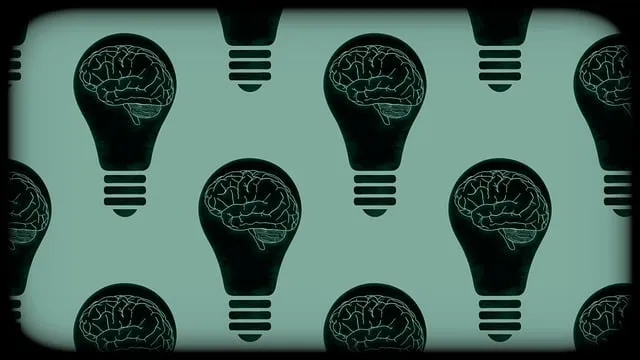Boulder Kaiser Permanente offers comprehensive Boulder Kaiser Permanente mental health coverage featuring diverse therapeutic approaches, including individual therapy, group counseling, and specialized programs. With a focus on prevention and early intervention, they provide resources like the Mental Wellness Podcast Series, crisis guidance, and compassion cultivation practices. Group sessions foster open dialogue through active listening, compassion, and positive thinking, creating a supportive environment for emotional expression and building resilience among participants.
In today’s fast-paced world, mental wellness support groups facilitated by skilled leaders play a pivotal role in community well-being. This article explores effective techniques for group facilitation, focusing on enhancing mental health care within the context of Boulder Kaiser Permanente’s comprehensive coverage options. We delve into strategies for building supportive environments, encouraging engaging communication, and fostering open dialogue – key elements in promoting resilience and recovery among participants. Understanding Boulder Kaiser Permanente mental health coverage provides a solid foundation for optimizing these crucial support systems.
- Understanding Boulder Kaiser Permanente Mental Health Coverage: A Comprehensive Overview
- Building a Supportive Environment: Group Facilitation Strategies for Enhanced Mental Wellness
- Engaging and Effective Communication: Techniques to Foster Open Dialogue in Support Groups
Understanding Boulder Kaiser Permanente Mental Health Coverage: A Comprehensive Overview

Boulder Kaiser Permanente’s mental health coverage offers a comprehensive suite of services designed to support individuals’ mental wellness journeys. This healthcare provider recognizes the importance of accessible and quality mental health care, ensuring that its policies cater to diverse needs. The coverage includes various therapeutic approaches, such as individual therapy, group counseling, and specialized programs for anxiety, depression, and trauma recovery. With a focus on prevention and early intervention, Kaiser Permanente Boulder promotes mental wellness through initiatives like the Mental Wellness Podcast Series Production, providing valuable resources and guidance.
Understanding the available services is crucial for navigating one’s mental health journey. Crisis Intervention Guidance is a key component, offering immediate support during emergencies. Additionally, compassion cultivation practices are integrated into treatment plans, fostering empathy and resilience. These techniques contribute to a holistic approach, ensuring individuals receive not just symptom relief but also long-term coping strategies.
Building a Supportive Environment: Group Facilitation Strategies for Enhanced Mental Wellness

Creating a safe and supportive environment is paramount for effective mental wellness group facilitation. At Boulder Kaiser Permanente, therapists leverage various strategies to foster an inclusive atmosphere that encourages open dialogue and emotional expression. These techniques include active listening, where facilitators pay close attention to each participant’s unique experiences and perspectives, ensuring every voice is heard without judgment.
Additionally, incorporating practices like compassion cultivation and positive thinking can enhance the group dynamic. By promoting self-compassion and fostering a culture of understanding, participants feel more comfortable sharing their struggles and celebrating their successes. This collective approach not only boosts confidence but also empowers individuals to navigate mental health challenges with resilience and support from their peers.
Engaging and Effective Communication: Techniques to Foster Open Dialogue in Support Groups

In facilitating mental wellness support groups, engaging and effective communication plays a pivotal role in fostering open dialogue. Group leaders should encourage active participation by creating a safe, non-judgmental environment where members feel comfortable sharing their experiences. Techniques such as active listening, where facilitators paraphrase and validate participants’ feelings, can help build empathy and trust. This, in turn, promotes honest conversations about mood management challenges and coping strategies.
Furthermore, incorporating interactive activities or open-ended questions can stimulate meaningful discussions. For instance, asking members to share their personal goals related to mental health recovery or exploring various trauma support services available through Boulder Kaiser Permanente mental health coverage can enrich the group dynamic. By integrating these communication strategies, facilitators not only enhance group cohesion but also equip participants with valuable empathy building strategies for navigating their journeys towards improved mental wellness.
Facilitating support groups for mental wellness is a powerful tool, especially with the comprehensive understanding of Boulder Kaiser Permanente’s mental health coverage. By implementing group facilitation techniques that foster open dialogue and create a supportive environment, we can significantly enhance individuals’ mental well-being. These strategies ensure that those seeking help feel empowered and supported in their journey towards healing and self-improvement. In light of this, it’s essential to continue exploring and refining these methods to best serve the diverse needs of our communities.






